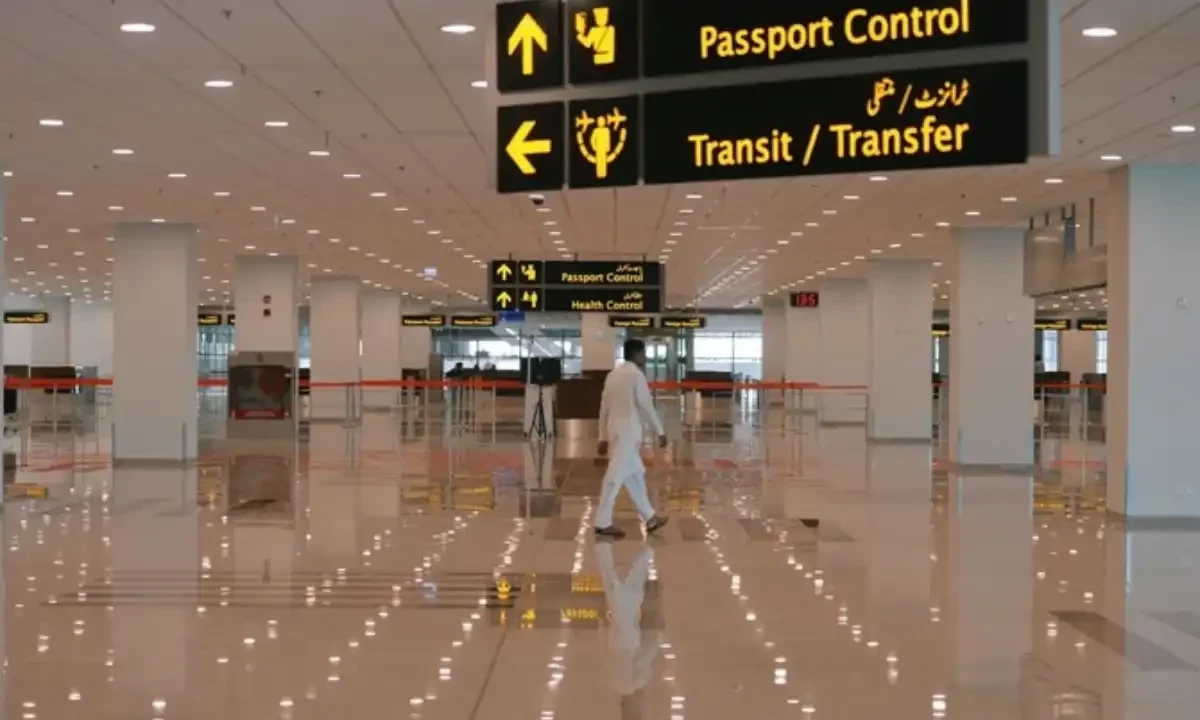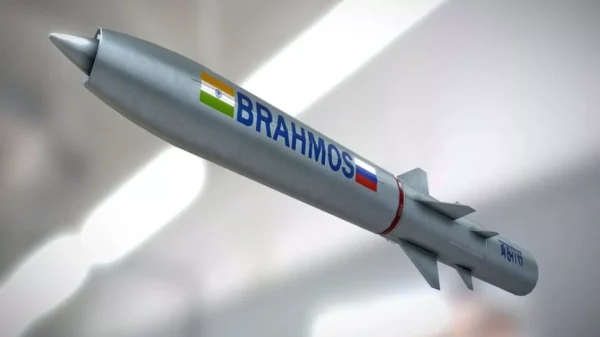Smart Gates
Traveling out of Pakistan is set to become more seamless as the authorities plan to install new smart gates at the country’s major airports, a significant step towards modernizing the nation’s travel infrastructure.
The Pakistan Civil Aviation Authority (CAA), the regulatory body overseeing the aviation sector, has initiated this project by inviting companies to submit bids for the installation of e-gates at the country’s primary airports in Karachi, Lahore, and Islamabad.
This move is part of a broader effort to enhance the travel experience and streamline airport operations amid rising passenger numbers.
“The project has been conceived as a self-service immigration system for airport installation to cut costs and improve passenger satisfaction.
The system shall be placed at the airports’ arrival and departure gates, which validate passengers’ identity using top-trending technologies,” the CAA said in its bid documents.
The implementation of these smart gates is expected to bring several benefits, including faster processing times and reduced queues, thus making travel more convenient and efficient for passengers.
In the context of increasing numbers of passengers and the recent expansion of airports, it is intended to modernize the border control solution to enable a seamless immigration process of travelers at Pakistani airports while improving security processing,” the CAA added.
This modernization effort aligns with global standards, aiming to enhance both operational efficiency and security at the country’s busiest airports.
The Civil Aviation Authority emphasized that the initiative would alleviate the workload on manned immigration counters, which often experience high traffic during peak travel times.
By establishing a standardized automated immigration process, the system will include document verification and personal authentication, ensuring the security and integrity of the borders.
The scope of services outlined by the CAA includes providing, installing, integrating, testing, and commissioning the e-gate systems, followed by their operation and maintenance.
This comprehensive approach ensures that the systems are not only implemented smoothly but also maintained to the highest standards to ensure continuous, reliable service.
The CAA has asked interested local and international companies to submit their bids by August 13, 2024.
This open invitation to both local and international firms underscores the authority’s commitment to leveraging the best available technology and expertise from around the world, ensuring that Pakistan’s airports are equipped with cutting-edge solutions.
Overall, the introduction of smart gates at major Pakistani airports marks a significant advancement in the country’s aviation infrastructure.
By adopting these modern technologies, Pakistan aims to improve the travel experience for millions of passengers, streamline airport operations, and enhance border security, thereby positioning itself as a forward-thinking nation in the global aviation landscape.










